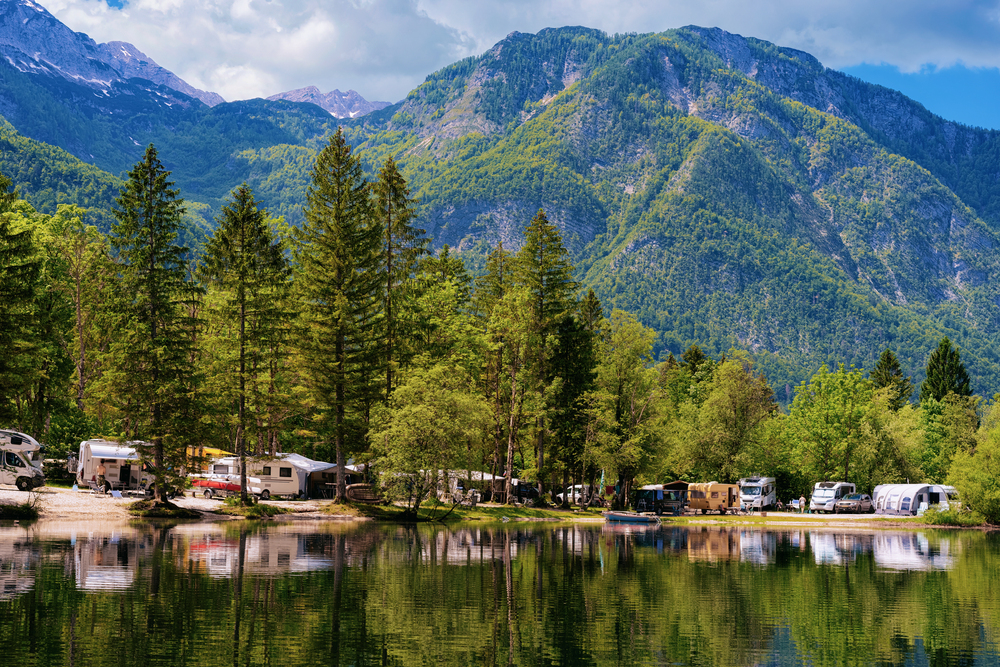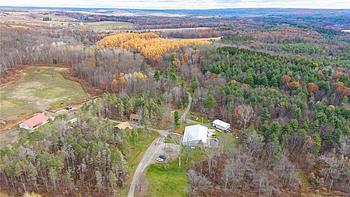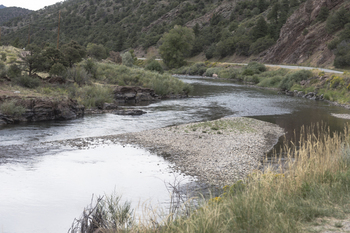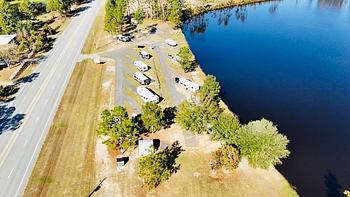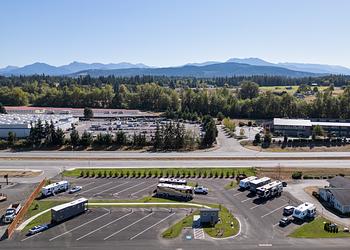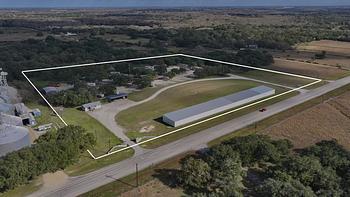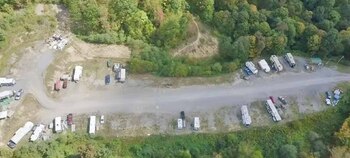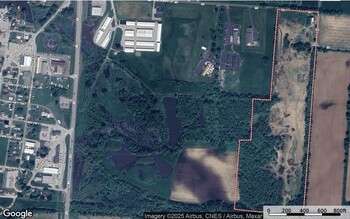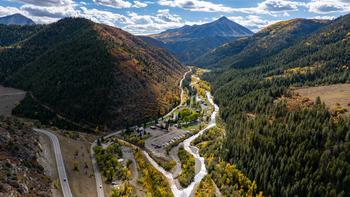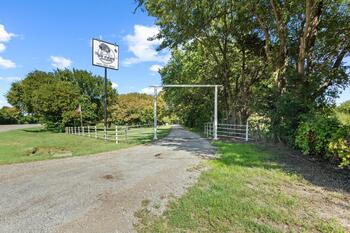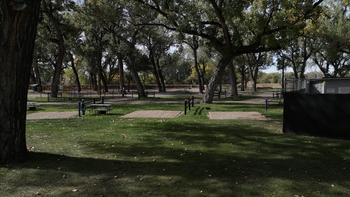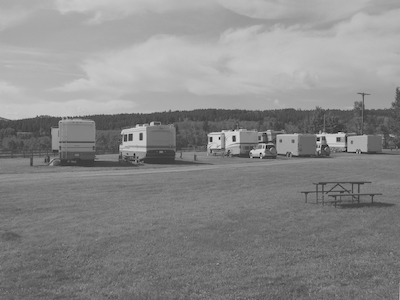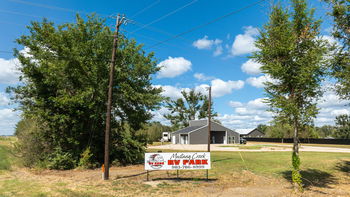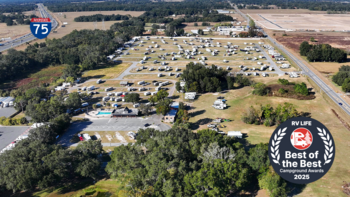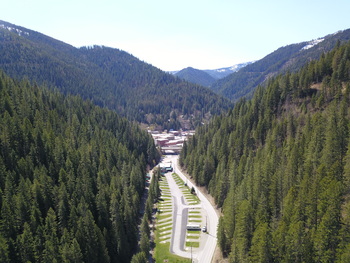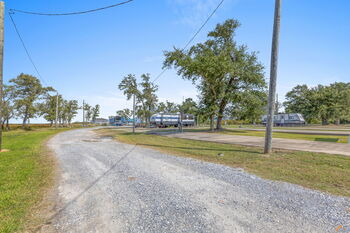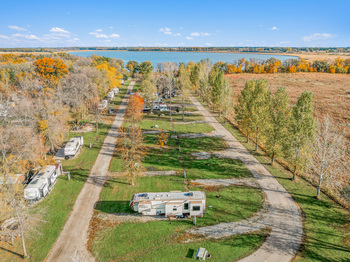Off-Grid RV Camping: How RV Parks Can Cater to Boondockers
Article Featured
Off-grid RV camping, often referred to as boondocking, is a growing trend among RV enthusiasts who seek self-sufficient, eco-friendly travel experiences. Unlike traditional RV camping, which relies on hookups for water, electricity, and sewer, boondockers embrace off-grid living by relying on their resources, such as solar panels, water tanks, and composting toilets.
While boondocking often takes place in remote areas like national forests or Bureau of Land Management (BLM) land, RV parks are beginning to adapt to this trend by offering amenities and services tailored to these adventurous, self-reliant travelers. Here’s how RV parks can cater to the unique needs of boondockers and attract this growing demographic.
1. Provide Dump Stations and Fresh Water Fill-Ups
Even the most prepared boondockers need to empty their tanks and refill their water supplies eventually. RV parks can attract off-grid travelers by providing easily accessible dump stations and fresh water fill-up stations.
For RV parks looking to capitalize on this opportunity, investing in these basic facilities can draw in boondockers who might not otherwise visit a park. Offering these services at a reasonable fee is a win-win, as it benefits both the park and the traveler. To explore business opportunities in this sector, check out RV parks for sale and discover how you can create an off-grid-friendly campground.
2. Embrace Solar Power and Renewable Energy Options
Many boondockers rely on solar panels to power their RVs, making renewable energy a key consideration. RV parks can cater to these eco-conscious travelers by offering shaded parking spots for battery cooling alongside sunny spots ideal for solar charging.
Additionally, RV parks could install communal solar-powered charging stations or encourage renewable energy use within their facilities. These enhancements not only appeal to off-grid campers but also demonstrate the park’s commitment to sustainability.
3. Offer Quiet Zones for a True Off-Grid Feel
One of the main appeals of boondocking is the peace and quiet of being far from crowded campgrounds. RV parks can attract boondockers by creating quiet zones or remote camping areas within their properties.
These zones could feature larger, more spread-out sites and limited artificial lighting to preserve a natural, serene environment. Travelers who enjoy the solitude of boondocking but occasionally want the convenience of a park will appreciate these offerings. For those interested in investing in such properties, RV lots for sale might be a great place to start.
4. Provide Boondocking Workshops and Resources
Many RV travelers are curious about off-grid camping but aren’t sure where to start. RV parks can host workshops, seminars, or informational resources to educate guests on boondocking essentials, such as solar panel setup, water conservation, and waste management.
These workshops not only serve as a value-added service for guests but also position the RV park as a knowledgeable and innovative leader in the RV community.
5. Cater to Digital Nomads with Wi-Fi Zones
While many boondockers enjoy unplugging, others, especially digital nomads, require occasional internet access for work or communication. RV parks can offer limited Wi-Fi zones or satellite internet access in common areas to accommodate this need without disrupting the off-grid experience.
By providing a balance between connectivity and solitude, RV parks can attract a broader range of boondockers. If you’re exploring rental opportunities to implement these features, consider browsing RV lots for rent to find a property that fits your vision.
6. Promote Memberships for Long-Term Boondockers
RV parks can incentivize boondockers to return regularly by offering memberships that include perks such as discounted dump station use, priority access to remote camping spots, or free access to boondocking workshops. These memberships create a sense of community while providing long-term value for travelers.
If you’re considering creating a membership-driven campground, explore RV park and campground memberships to learn how to build a sustainable program for boondocking enthusiasts.
7. Create Eco-Friendly Facilities
Off-grid travelers are often eco-conscious, so RV parks can enhance their appeal by adopting environmentally friendly practices. Composting toilets, rainwater collection systems, and recycling stations are all features that resonate with boondockers.
By investing in sustainable infrastructure, RV parks can reduce their environmental impact while attracting like-minded travelers who value eco-friendly camping options.
8. Offer Off-Grid RV Rentals
Some travelers are eager to try boondocking but don’t own an RV equipped for off-grid camping. RV parks can cater to this market by offering off-grid RV rentals with features like solar panels, composting toilets, and energy-efficient appliances.
This is an excellent way to introduce new campers to the joys of off-grid living while creating an additional revenue stream for the park.
Final Thoughts
Off-grid RV camping is more than a trend; it’s a lifestyle that prioritizes self-sufficiency, sustainability, and a deeper connection to nature. RV parks that adapt to the needs of boondockers can tap into this growing market and provide unique experiences that balance solitude with modern conveniences.
Whether you’re a boondocker seeking the perfect destination or an investor looking to create an off-grid-friendly park, the resources at RVparkstore.com can help. Explore options like RV parks for sale and RV lots for sale to get started on your off-grid journey. By embracing the boondocking lifestyle, RV parks can thrive in this exciting new era of RV travel.
Related Content
Glamping: The Future of Luxury Campgrounds and RV ParksHow to Turn an RV Park into a Destination
